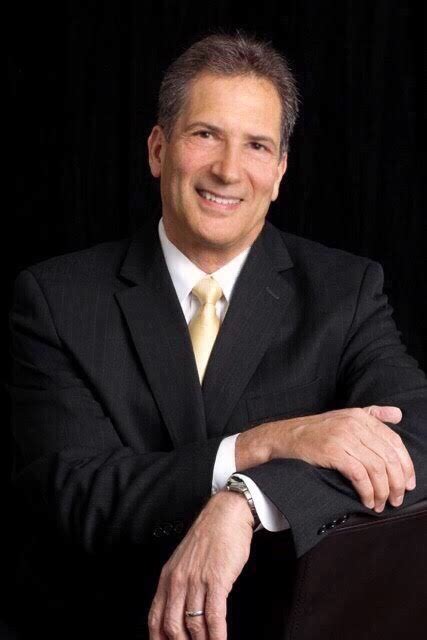A Quote by Edward Young
He that's ungrateful has no guilt but one; All other crimes may pass for virtues in him.
Related Quotes
Make friends with guilt. Guilt is a beautiful emotion that alerts us when something is wrong so that we may achieve peace with our conscience. Without conscience there would be no morality. So we can greet guilt cordially and with acceptance, just as we do all other emotions. After we respond to guilt, it has done its job and we can release it.
Segregation, as even the segregationists know in their hearts, is morally wrong and sinful. If it weren't, the white South would not be haunted as it is by a deep sense of guilt for what it has done to the Negro - guilt for patronizing him, degrading him, brutalizing him, depersonalizing him, thingifying him; guilt for lying to itself. This is the source of the schizophrenia that the South will suffer until it goes through its crisis of conscience.
Loyalty saves us from the self-advantaging compromising of important relations - such as friendship, marital and professional commitments, group memberships, and so on. But as the Aristotelians would put it, its expression requires phronesis - wisdom not to allow it to compromise other important virtues ,there is something to the ancient doctrine of the unity of the virtues. I believe that is true of all virtues, but especially of the executive virtues - such as industriousness, sincerity, conscientiousness, and courage - which may become detached from substantive goods.
You pass by a little child, you pass by, spiteful, with ugly words, with wrathful heart; you may not have noticed the child, but he has seen you, and your image, unseemly and ignoble, may remain in his defenseless heart. You don't know it, but you may have sown an evil seed in him and it may grow, and all because you were not careful before the child, because you did not foster in yourself a careful, actively benevolent love.
Patriotism is proud of a country's virtues and eager to correct its deficiencies; it also acknowledges the legitimate patriotism of other countries, with their own specific virtues. The pride of nationalism, however, trumpets its country's virtues and denies its deficiencies, while it is contemptuous toward the virtues of other countries. It wants to be, and proclaims itself to be, "the greatest," but greatness is not required of a country; only goodness is.







































